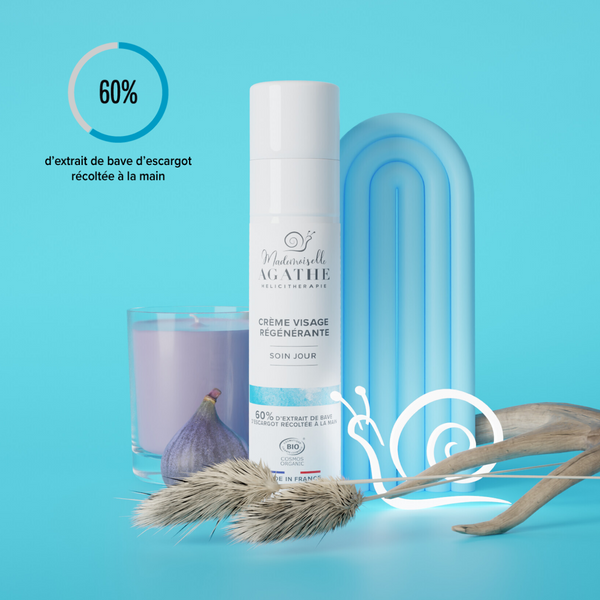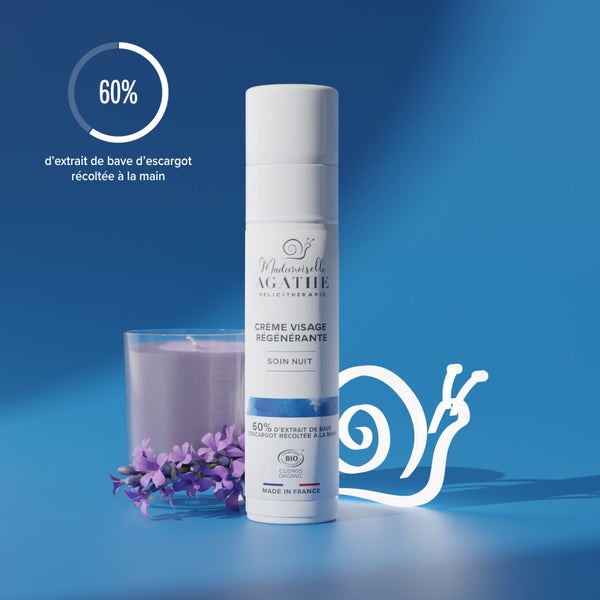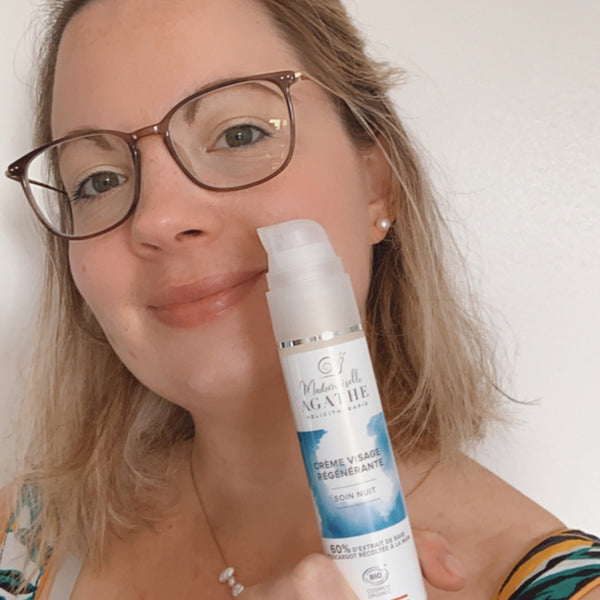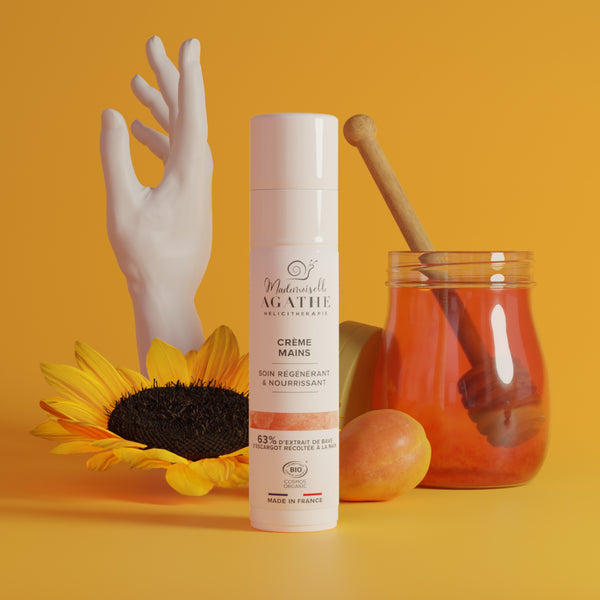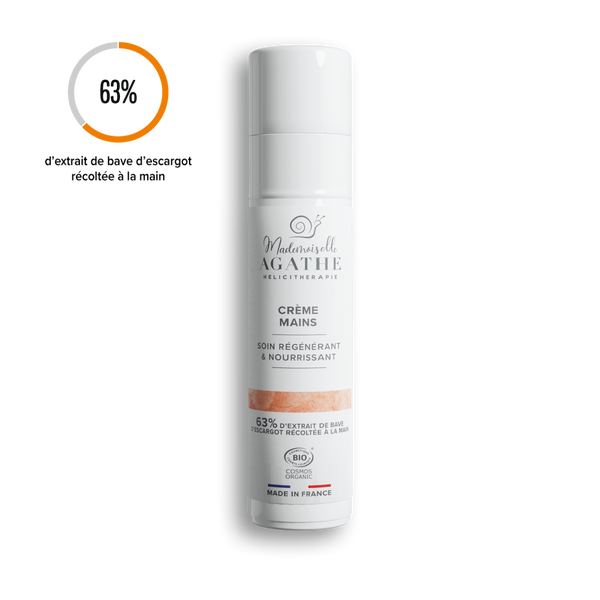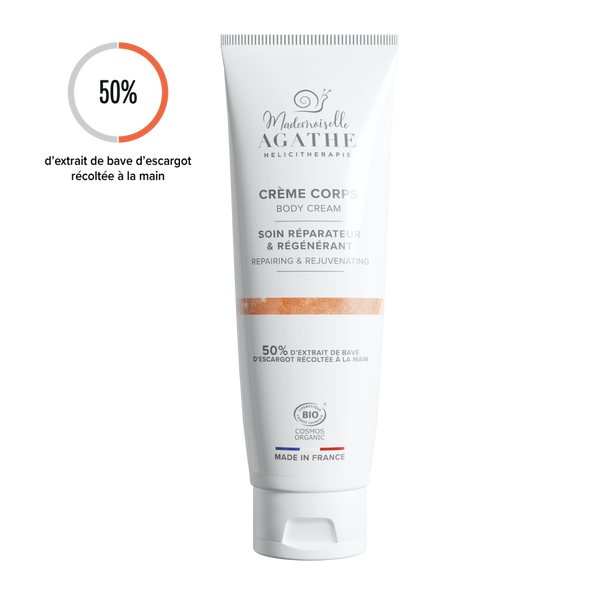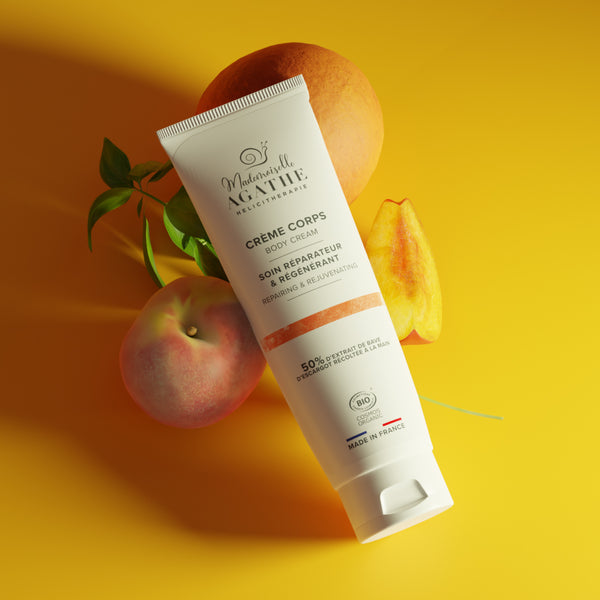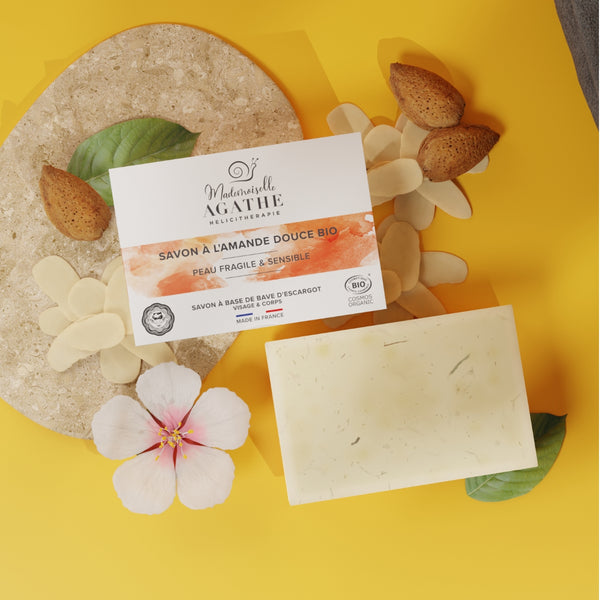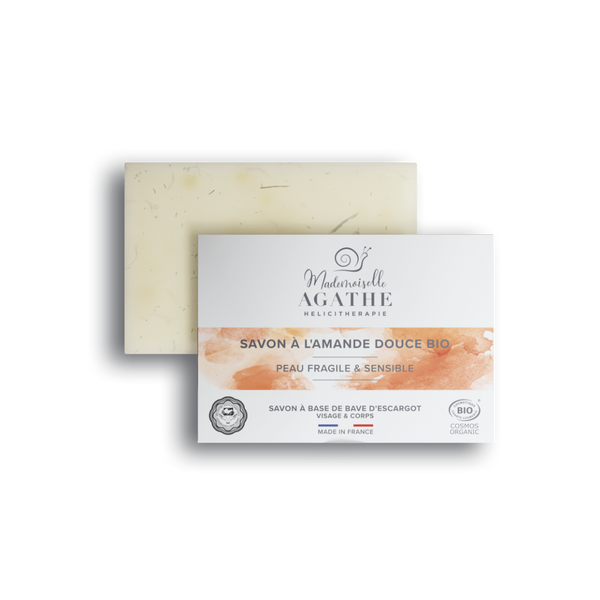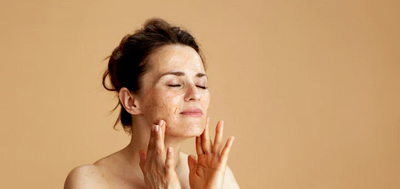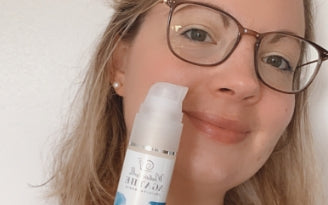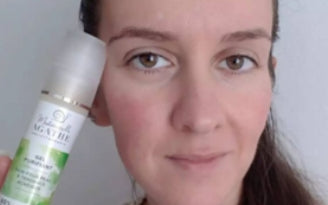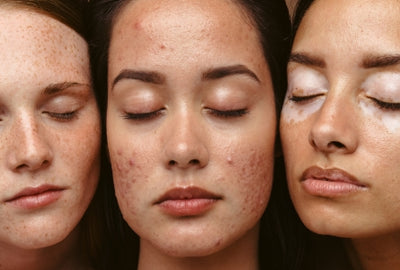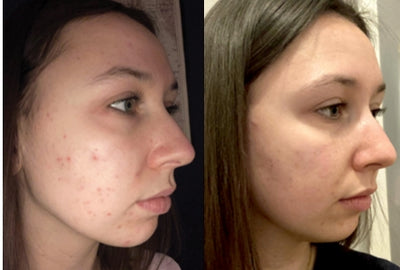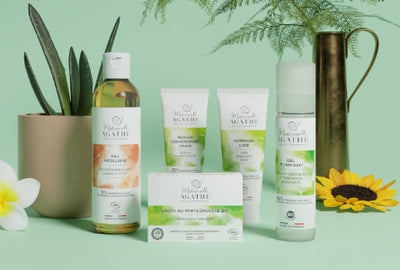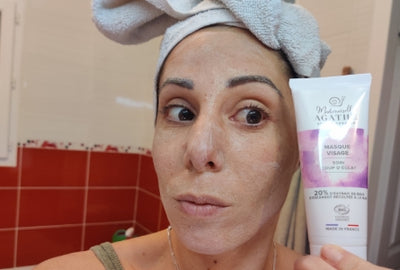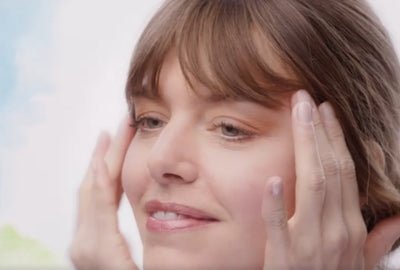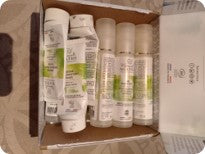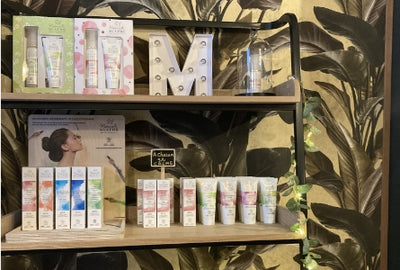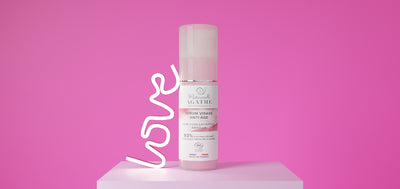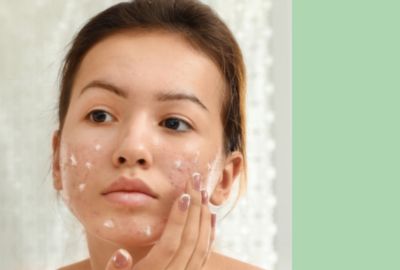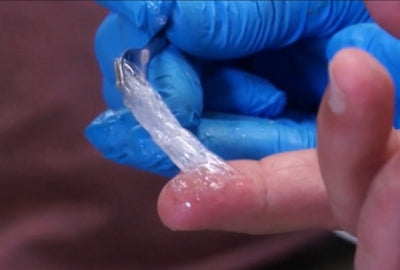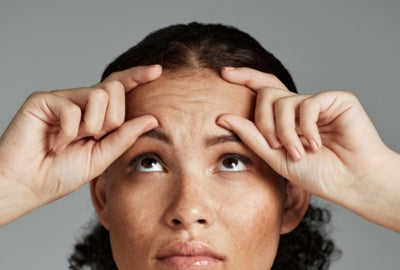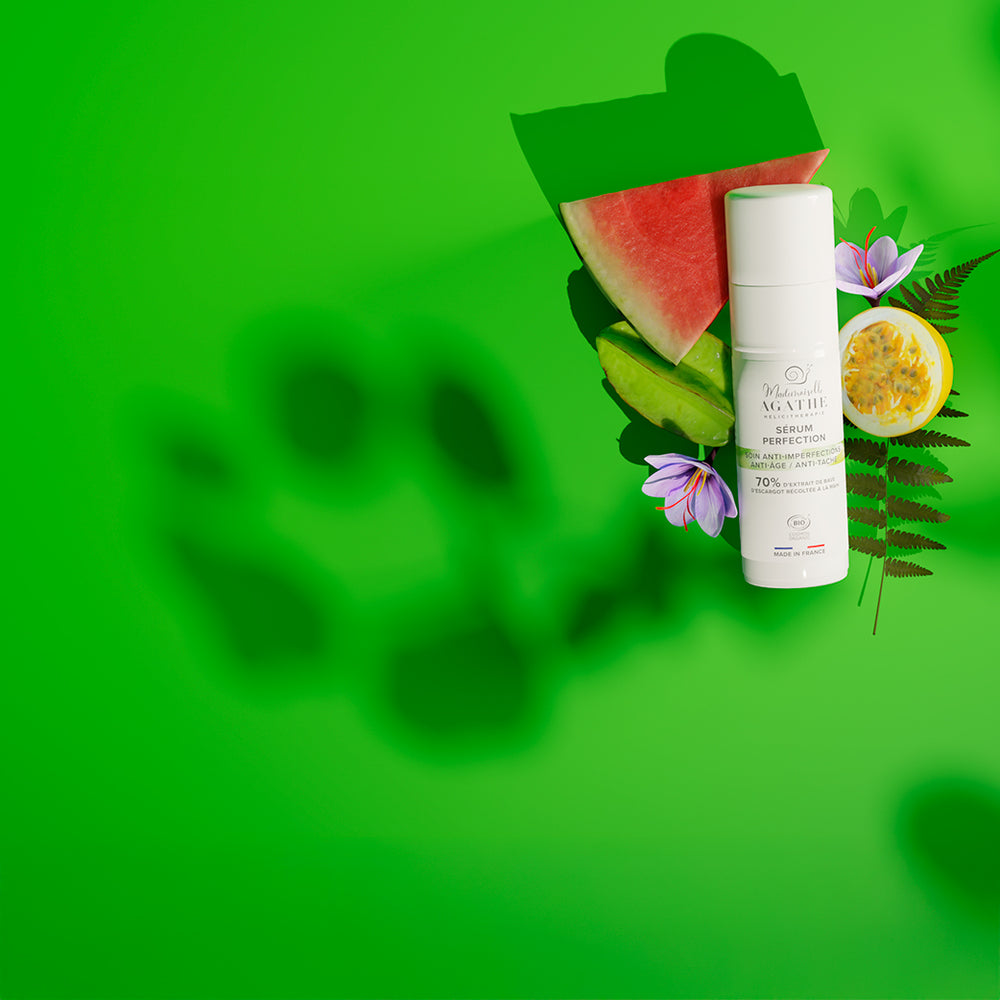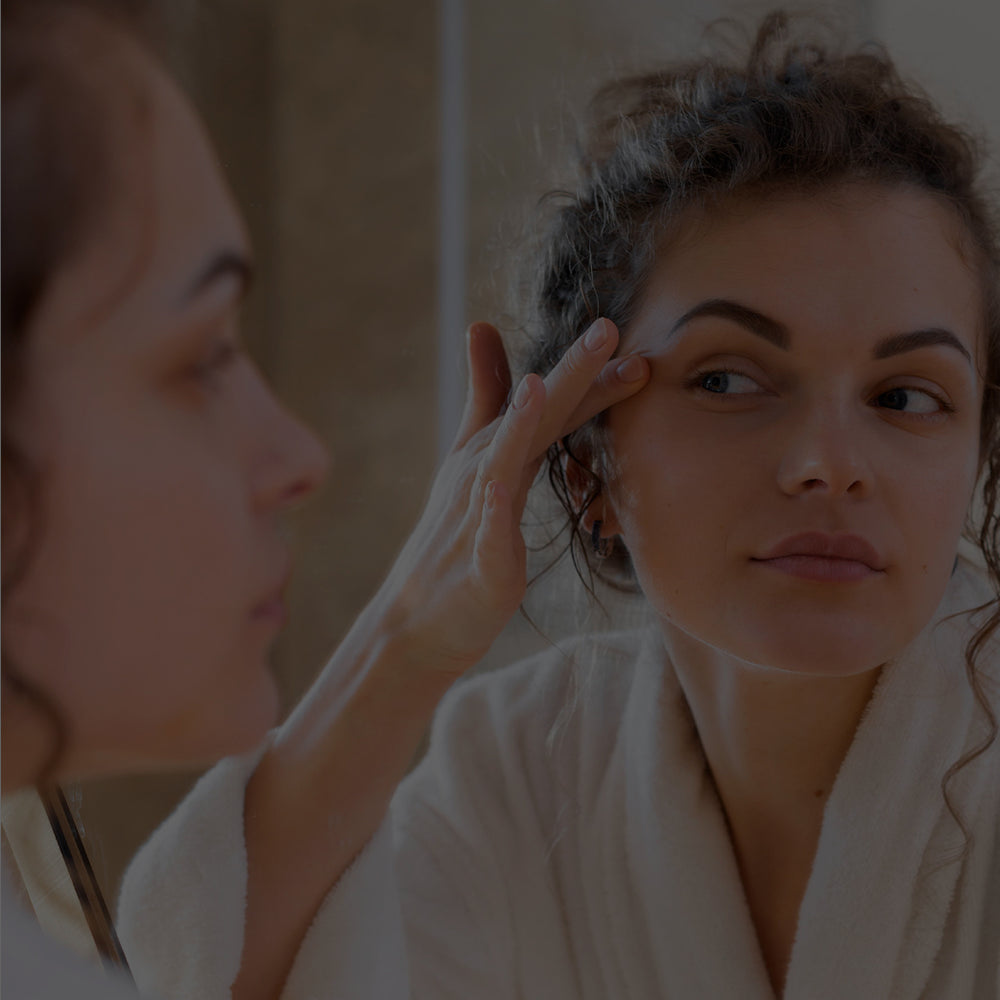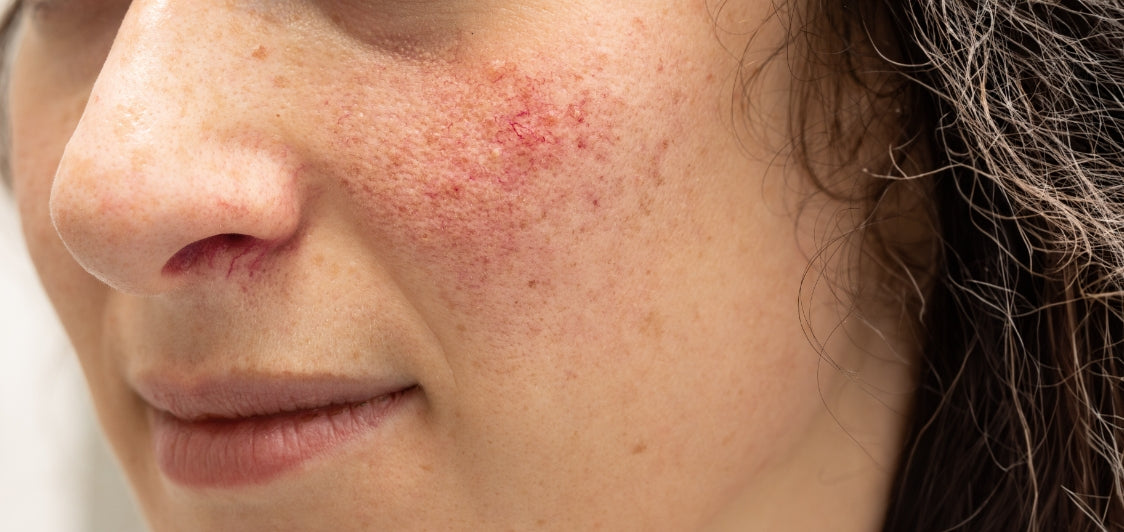
Everything you need to know about rosacea
Rosacea is a dermatological condition that affects between 2 and 3% of the French population. A persistent symptom of acne rosacea, it occurs primarily in women and can cause considerable discomfort. We have deciphered the characteristics of rosacea, its causes, and the ways to reduce it to offer a better quality of life to those affected.


Rosacea: extreme sensitivity of the skin
Rosacea is much more than just a reddening of the skin; it is a condition that reflects extreme sensitivity of the epidermis. Erythrosis, diffuse redness characteristic of rosacea, appears mainly on the cheeks, nose and forehead. These marks may be accompanied by small red spots, creating an unpleasant tingling or burning sensation. This increased sensitivity makes the skin particularly reactive to environmental changes, such as temperature variations or exposure to the sun, which can worsen symptoms.
In men, rosacea can progress to a more severe form known as rhinophyma. This complication leads to noticeable enlargement and deformation of the nose, which worsens not only the aesthetic appearance but also the physical and emotional well-being of the affected person. Indeed, rosacea is not just an aesthetic concern, but also a source of discomfort and inconvenience in daily life.
The causes of rosacea
The causes of rosacea are multifactorial, resulting from a combination of environmental, genetic and hormonal factors. Temperature variations, such as prolonged exposure to the sun or intense cold, are among the most common triggers. When the skin is exposed to these conditions, it responds by dilating the small blood vessels located primarily on the cheeks and nose. This excessive dilation not only causes visible redness, but also a loss of elasticity of the vessels, making the skin more fragile and hypersensitive.
In addition to environmental factors, genetic predispositions may play a crucial role in the skin's increased susceptibility to developing rosacea. Some people inherit a predisposition to having more fragile blood vessels or skin that is more reactive to external stimuli, increasing their vulnerability to this skin condition. Likewise, hormonal changes can influence blood flow and the responsiveness of skin vessels, exacerbating rosacea symptoms in some people.
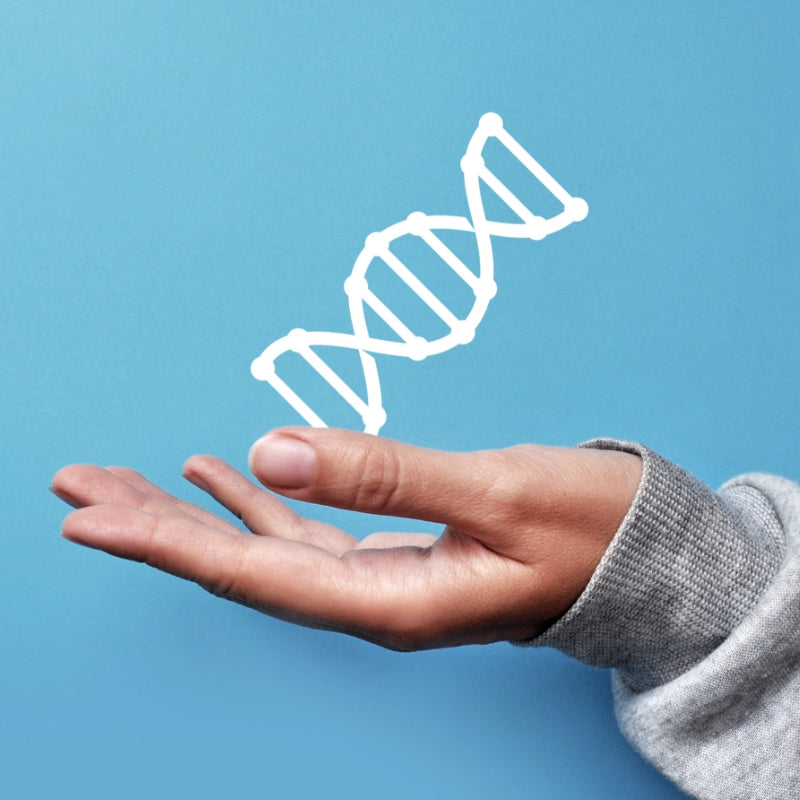

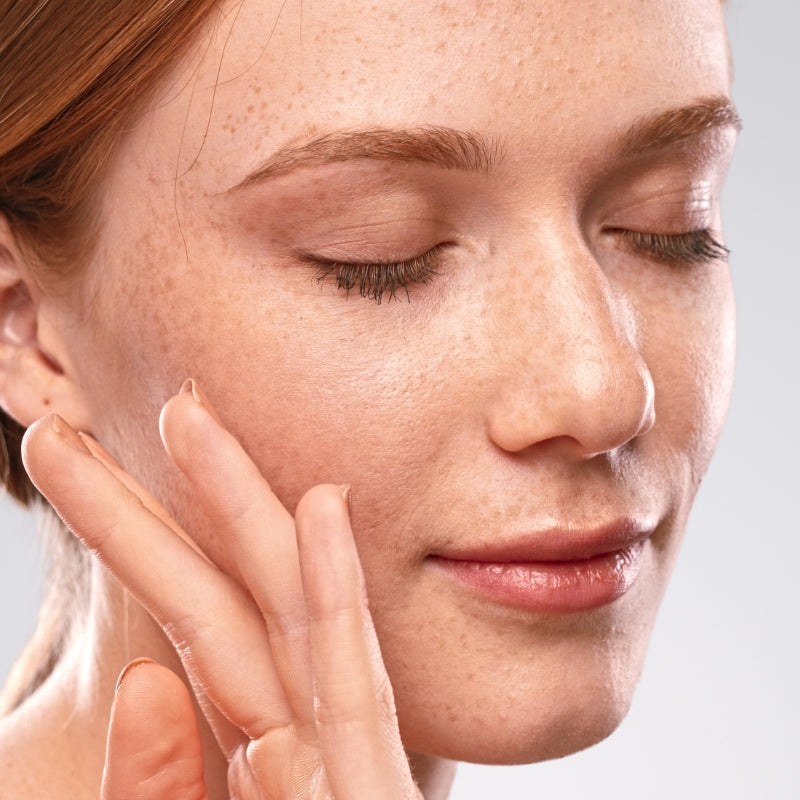

How to relieve rosacea?
To alleviate the symptoms of rosacea and strengthen the skin's resistance against external aggression, the use of Helicotherapeutic treatments is beneficial. Snail slime is known for its regenerating and soothing properties on the skin. It contains natural components such as Allantoin, Collagen, and Vitamins A and E, which promote the repair of damaged skin tissue and help reduce redness.
Treatments based on snail mucin are particularly effective in soothing the inflammation associated with rosacea and strengthening the skin barrier. They deeply hydrate and help improve skin elasticity, which is crucial for those suffering from increased skin sensitivity. Gently massaging the cream onto the affected areas optimizes the absorption of the active ingredients, thereby maximizing the soothing and regenerating benefits of snail slime.
Atopic elixir cream: THE ideal solution
The certified organic nutrient elixir cream stands out for its soothing properties for skin inflammations. Composed of 62% snail slime, this cream promotes the protection of skin tissues and helps prevent the harmful effects of the sun. Thanks to its natural ingredients, it helps soothe itching and reduce redness. This formula has many benefits to relieve atopic skin and improve the appearance of rosacea. Reinforced hydration guarantees lasting soothing of the skin.
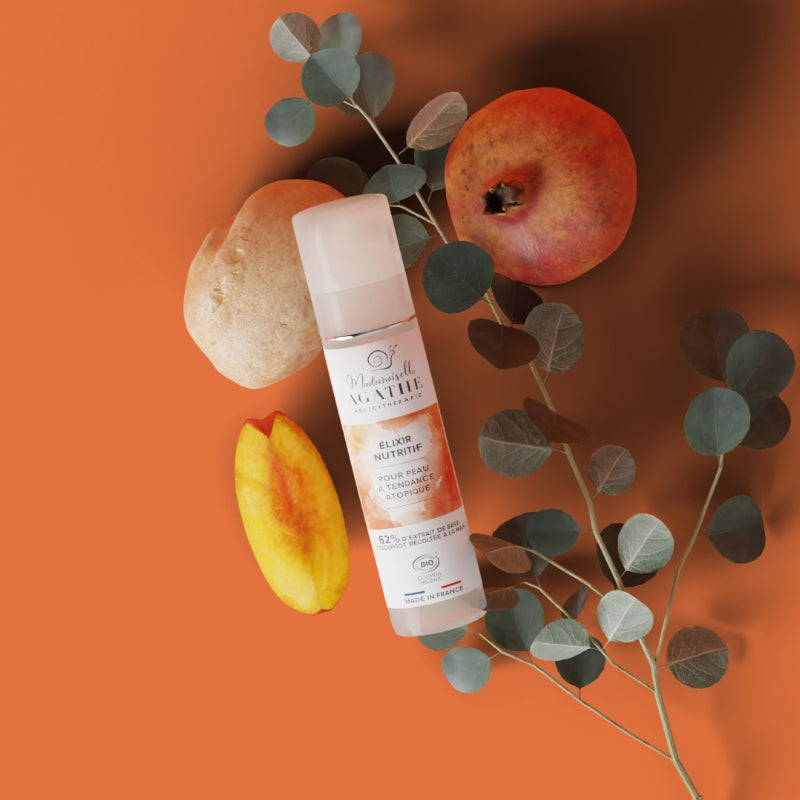

Rosacea is a chronic skin disorder that can greatly impact quality of life. By understanding its causes and adopting preventive and soothing measures, it is possible to reduce the symptoms and better manage this condition. The use of specific products such as Helicotherapeutic treatments offers a natural and effective solution to hydrate and regenerate the skin, thus helping to reduce redness and protect the skin from external aggressions. With the right care, people with rosacea can regain healthier, more comfortable skin.
